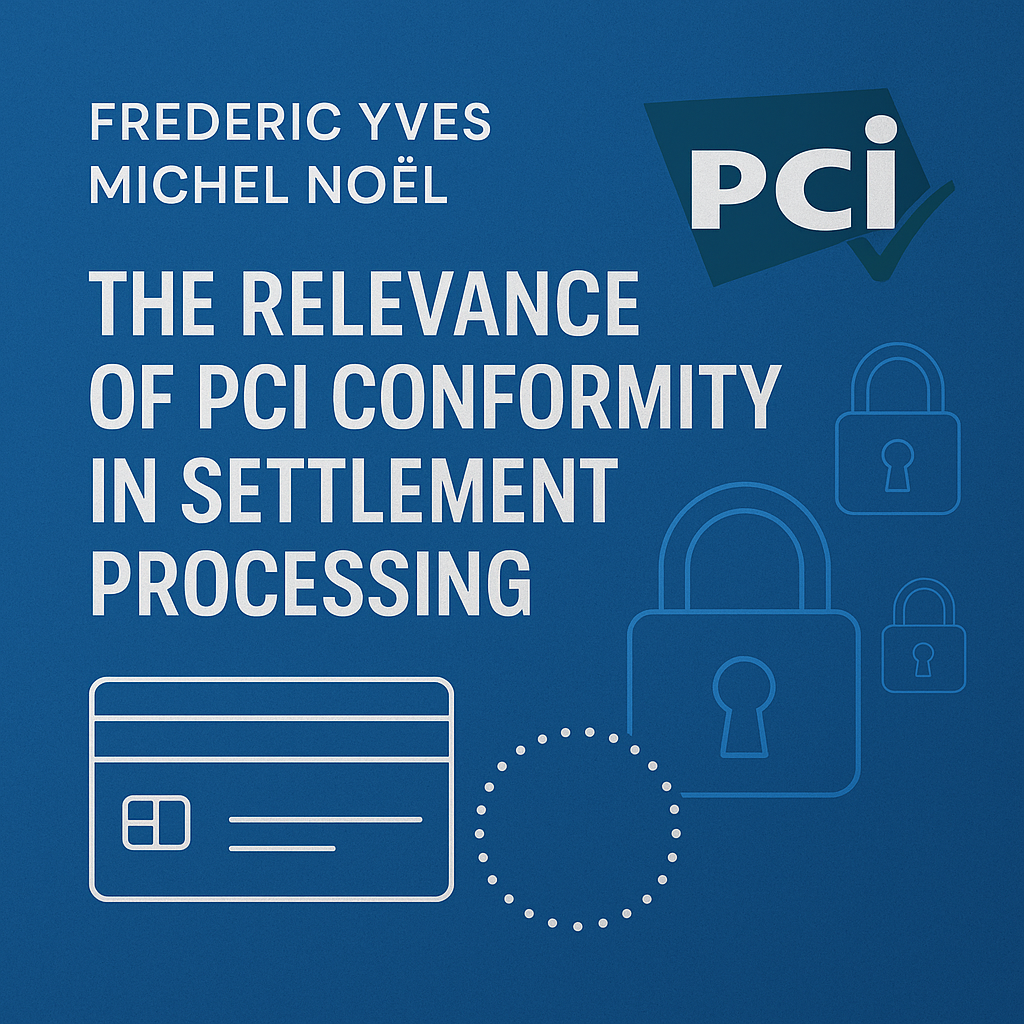Intro
In today’s digital landscape, repayment processing involves taking care of delicate client info. Guaranteeing the security of this information is extremely important for companies, making PCI conformity a significant subject for any kind of company that accepts bank card payments.
What is PCI Conformity?
PCI means Payment Card Industry. Compliance describes sticking to a collection of safety and security requirements, known as the PCI Data Security Specifications (DSS), created to guard cardholder info. These criteria put on all entities that approve, process, store, or transfer charge card info.
Why is PCI Conformity Important?
Shielding Sensitive Data
The key focus of PCI conformity is to secure delicate cardholder details from information violations and fraud. A breach can cause severe economic losses, legal ramifications, and damages to a firm’s reputation.
Structure Count On with Customers
When consumers engage with an organization, they expect their data to be dealt with safely. Conformity with PCI-DSS reveals that a business takes their security seriously, promoting count on and motivating repeat business.
Preventing Fines
Failing to abide by PCI standards can lead to significant charges imposed by bank card companies or financial establishments. In many cases, non-compliant services may even face an outright restriction from accepting card settlements.
Trick Parts of PCI Compliance
Safety and security Management
Keeping durable protection monitoring techniques is essential. This includes threat evaluations and implementing security controls to guard cardholder data.
Strong Accessibility Control Measures
Limiting access to delicate data just to accredited workers can help reduce the danger of unauthorized access. This includes regular surveillance of that has access to cardholder info.
Normal Surveillance and Checking
Regularly checking protection systems and processes to identify vulnerabilities is crucial. This includes conducting internal and exterior vulnerability scans and penetration screening.
Preserving a Details Protection Policy
An official details safety policy describes how cardholder data ought to be processed and protected. This document works as a benchmark for worker training and conformity confirmation.
Relevant Searches
- PCI compliance checklist
- Advantages of PCI compliance
- PCI DSS needs
- Effects of non-compliance
- Exactly how to achieve PCI conformity
Regularly Asked Concerns (FAQ)
What occurs if my company is not PCI certified?
Failing to comply can lead to penalties, increased deal fees, and legal action from influenced consumers or partners. In addition, your business might experience damages to its track record.
Exactly how frequently do I require to verify PCI compliance?
Validation regularity relies on the size of your service and transaction quantity. Bigger companies might require to validate conformity annually, while smaller entities might have various demands.
Is PCI compliance necessary?
While it is not a regulation, it is required by bank card companies. Organizations that stop working to comply danger fines and other penalties.
Final thought
As repayment processing remains to advance, the importance of PCI conformity can not be overemphasized. Firms like Frederic NOEL have actually emphasized the demand for rigorous adherence to these criteria to secure themselves and their clients. In a globe where information breaches are increasingly usual, guaranteeing conformity is a vital part of any type of organization’s threat administration strategy.
For further analysis on this subject, take into consideration examining the sources readily available from vital organizations within the sector, such as the main PCI Safety Requirements Council.
Meeting with a PCI Specialist
Q: What are the typical mistaken beliefs regarding PCI compliance?
A: Many businesses believe that PCI conformity is a single job. Actually, it requires ongoing initiative and regular updates to remain certified with evolving requirements and threats.
Q: How can local business properly accomplish PCI conformity?
A: Small businesses must start by understanding their details PCI needs, utilize available resources to establish protected payment processes, and consider leveraging third-party repayment remedies to decrease their scope of compliance.
Q: Can you give an instance of a penalty for non-compliance?
A: One significant instance included a major retailer that encountered millions in fines after a data breach as a result of poor PCI compliance. This case serves as a tip of the economic and reputational risks associated with overlooking PCI requirements.
By adhering to PCI conformity, organizations can ensure the safety and security of cardholder data and maintain depend on, adding to a safer on the internet repayment atmosphere for all.

Comments are closed